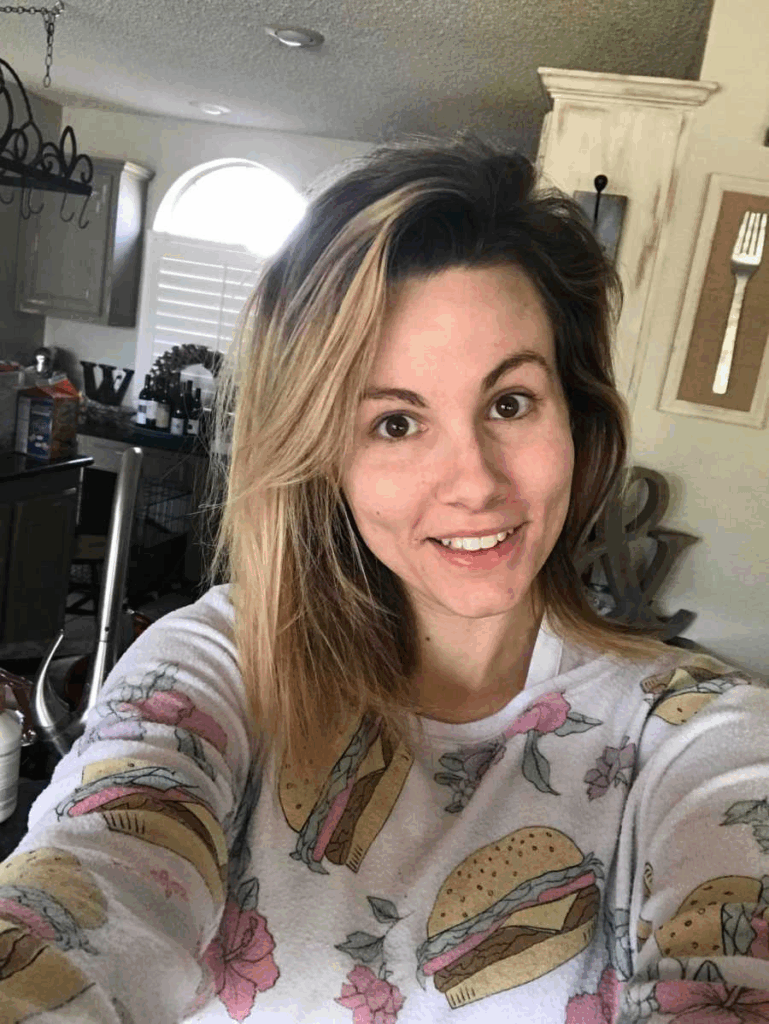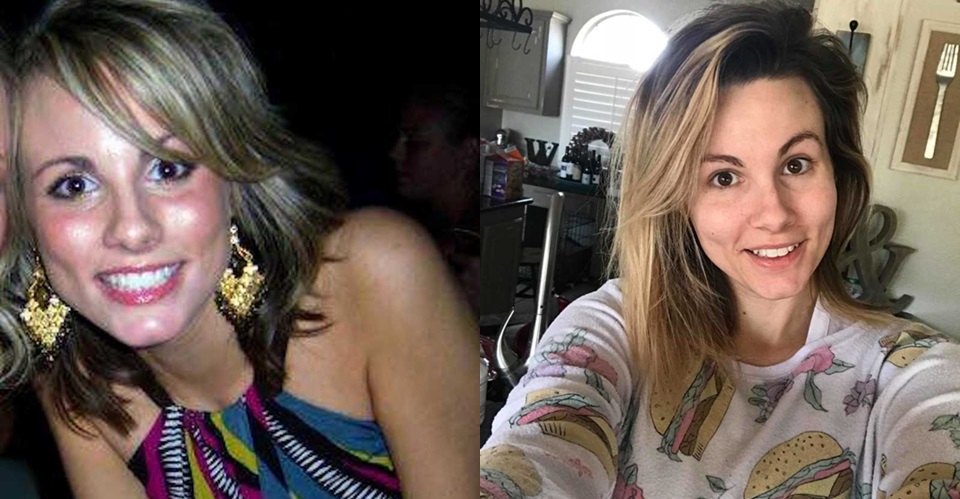When Amy Weatherly glanced in the mirror one morning before heading out the door, she almost laughed at what she saw staring back. Her sweatshirt had dried peanut butter smeared across the front, a casualty of lunchtime with kids. The sweatshirt also happened to be “dry clean only,” which she hadn’t realized until after buying it on sale, and absolutely nobody with three children and a mountain of laundry has time for dry cleaning.
Her hair sat on top of her head in a bun that wasn’t one of those Instagram–ready buns, the kind that take an hour to look effortless. No, hers was the messy bun that shouts, “I haven’t slept in months and caffeine is my blood type now.” She had forgotten authentic shoes entirely on her feet, padding around in fuzzy slippers like she owned the look. And the leggings she wore? On Friday, she wore the same ones when she skipped working out to grab coffee with a friend. Out of a closet of jeans that technically fit, those leggings were the only thing comfortable enough for her real life.
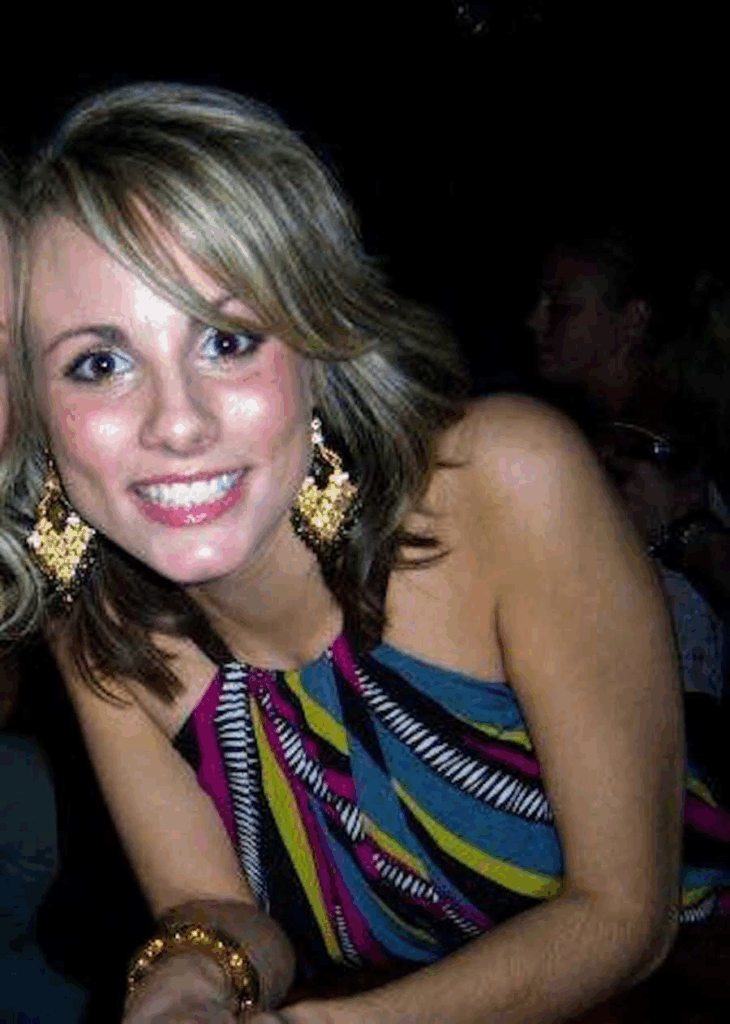
No makeup covered her face, and the scars from last week’s breakout glared back at her from the mirror. In her twenties she would have never left the house without concealer and blush, but that morning she had chosen to spend her time making lunches and getting her kids dressed. She caught her eye in the mirror and shook her head, thinking her twenty–two–year–old self would never believe this version of her existed. That younger woman had been so particular, fixing her hair daily, sometimes twice, never setting foot outside without a full face of makeup, heels, and a carefully chosen top. She would have needed smelling salts to see this current Amy trudging into the grocery store in slippers.
At twenty-two, Amy spent hours in front of mirrors at the mall, doubting herself, not knowing those jeans would one day feel like a relic of a different life. Her closet was overflowing with trendy outfits, shoes with heels high enough to be dangerous, and not a single plain T-shirt. She was tan, she was young, and she thought appearance was everything.
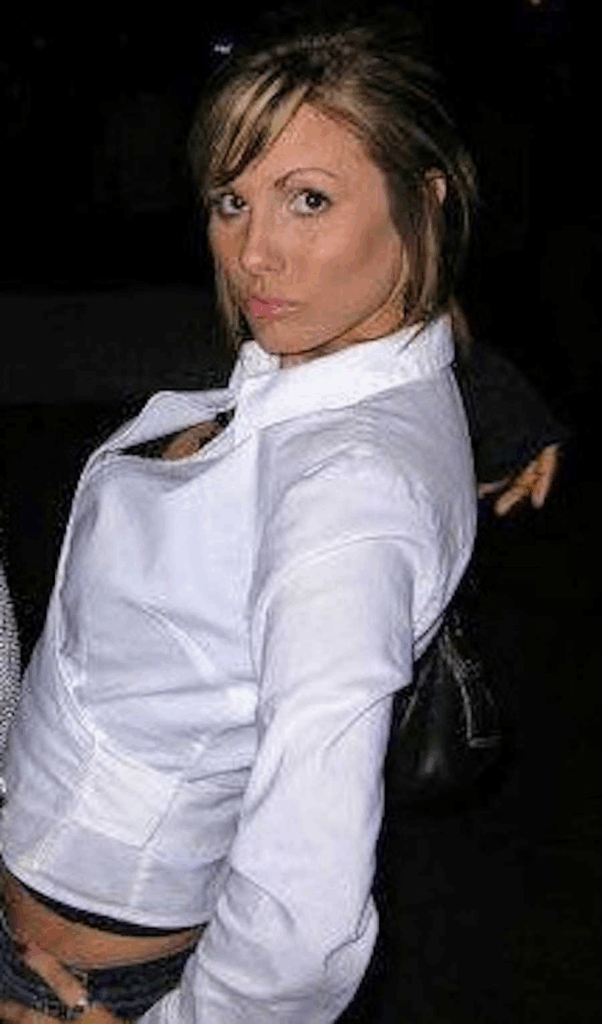
Now in her thirties, Amy wondered if that girl would be embarrassed by what she had become. Would she cringe at the pale skin protected by layers of sunscreen, or at the hair that sometimes went far too long without a wash, highlighted less often thanks to an actual budget? Would she be shocked that Saturday nights now looked more like board games and Netflix than barhopping? Would she laugh at the necklace Amy wears, the one strung with her children’s initials, or call her lame for peeing a little when she sneezes?
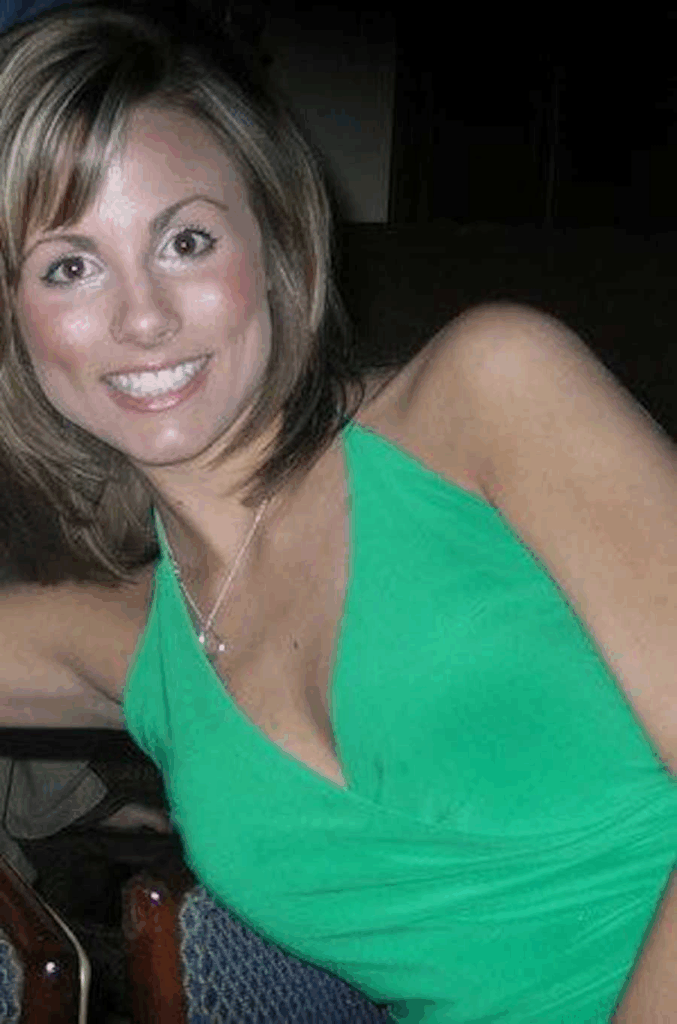
And yet, Amy also thought maybe her younger self would be proud. Because in this life, she had stopped caring so much about the opinions of strangers. She had traded a big social circle for a smaller tribe that showed up through the good and the bad. She had built a life that was not flashy but was full of quiet joy. She had carved out work that gave her purpose, even if it didn’t pay like her college degree once promised it would. She had forgiven herself for her mistakes when she was younger, carrying less shame and more wisdom.
Amy thought about how far she had come. She had become a fighter, more potent than the girl who once measured her worth in jeans sizes. She had learned to let go of the baggage, to move forward with peace instead of regret. That twenty–two–year–old version might not recognize this woman at all, but the truth is, Amy wasn’t sure she wanted her to. Because the life she has now, full of peanut butter stains, messy buns, and slippers at the grocery store, is better than anything she could have imagined back then. And for the first time in her life, when she looked in the mirror, Amy liked the girl staring back. That, she decided, was the only thing that mattered.
